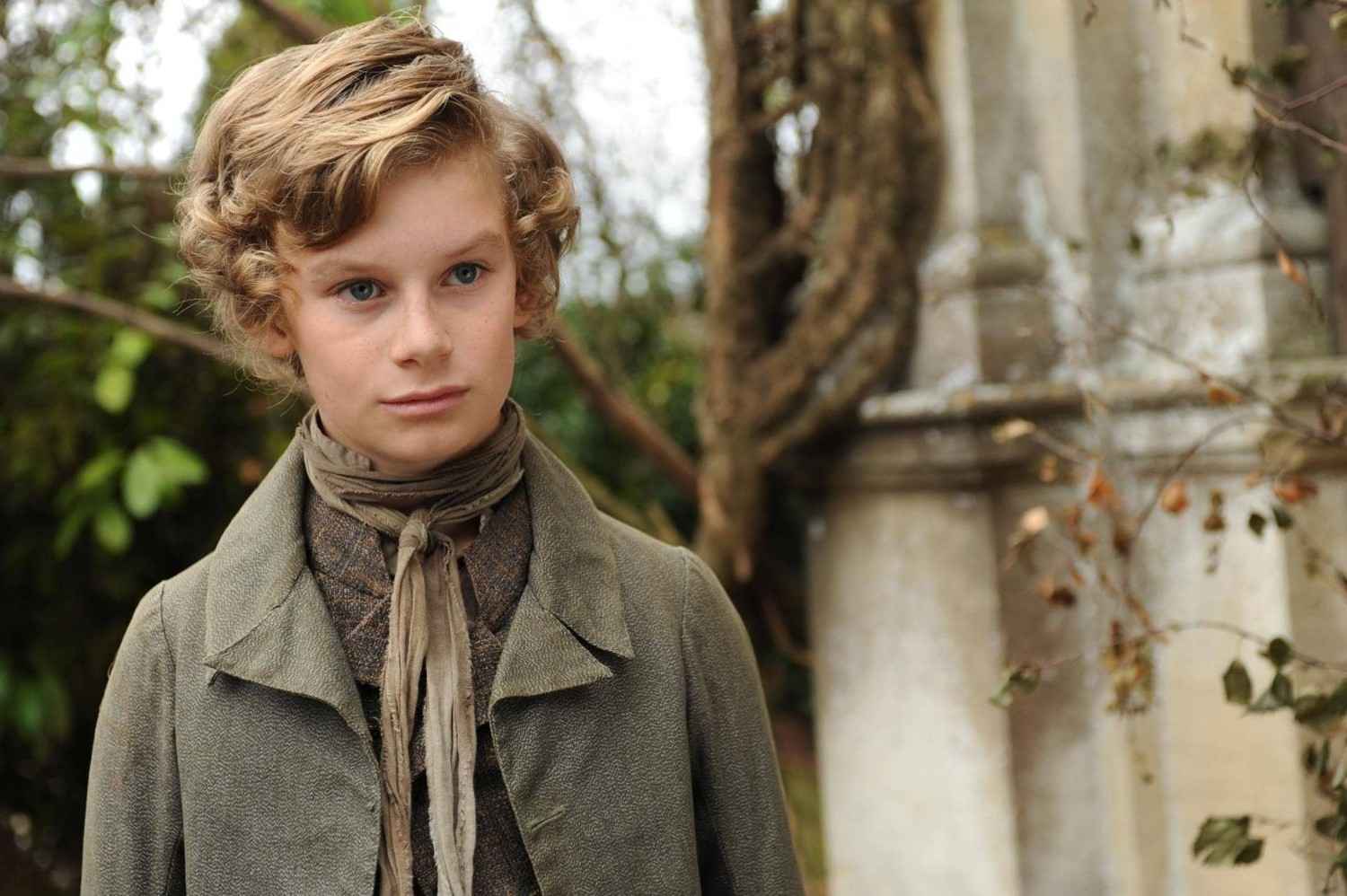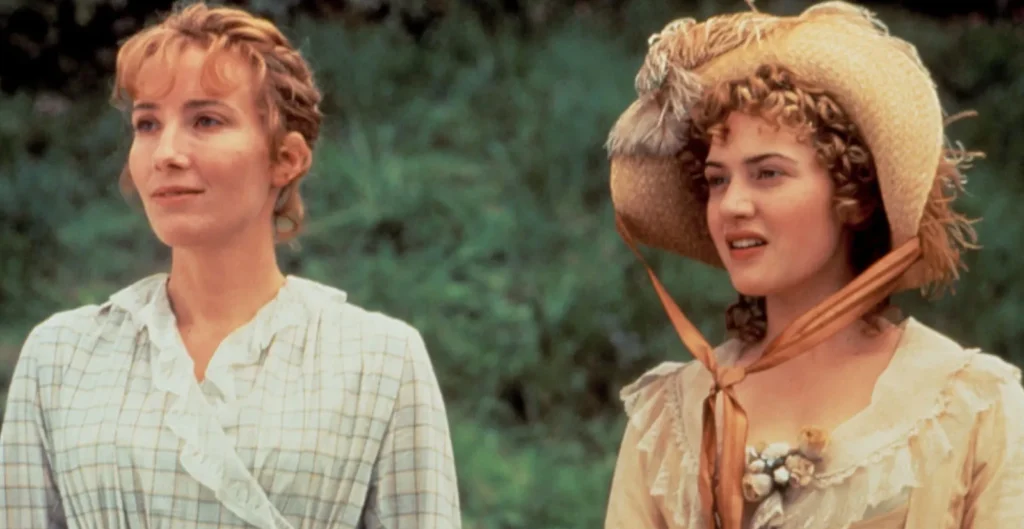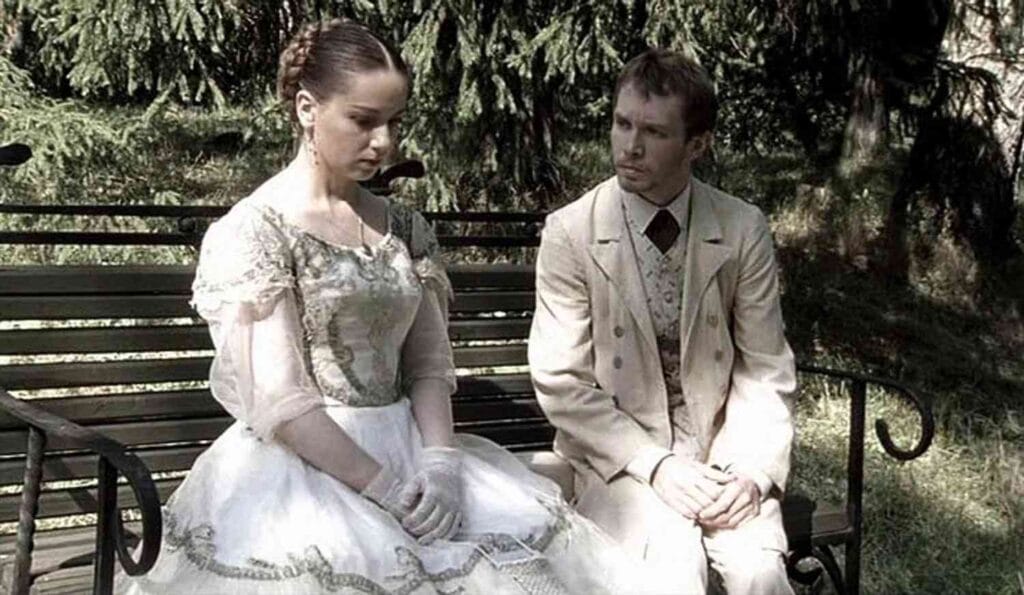Great Expectations by Charles Dickens
Great Expectations is one of Charles Dickens’ most famous novels, a tale that spans a boy’s life from his early childhood to his adulthood. At its heart, it’s a story about growing up, understanding one’s identity, and learning the difference between dreams and reality. Pip, the protagonist, goes on a journey that mirrors our own struggles to understand the world and our place in it. Set against the backdrop of Victorian England, this coming-of-age story deals with themes of love, ambition, social class, and redemption.
Pip’s Humble Beginnings

The novel begins with Pip, a young orphan, living with his sister Mrs. Joe Gargery and her husband Joe, a kind but simple blacksmith. Pip’s parents are dead, and he’s raised in a home that feels more like a place of duty than one filled with love. His sister is harsh and critical, while Joe, though gentle and caring, is largely ignored and treated unfairly by Mrs. Joe.
One day, while walking alone in the marshes near his home, Pip encounters a frightening man, Magwitch, a convict on the run from the law. The man, cold and desperate, demands that Pip steal food and a file so that he can break free from his chains. Terrified but moved by the man’s plight, Pip steals what he can from his own household and gives it to Magwitch, who disappears afterward.
Despite being scared and guilty for helping a criminal, Pip’s life continues as it always has, though he cannot forget the encounter with Magwitch. But, in the background, this moment plays a larger part in shaping his future.
Miss Havisham and Estella: A Desire for Something More
Pip’s life changes when he is invited to the home of Miss Havisham, a wealthy but eccentric woman who lives in a decaying mansion. Miss Havisham was once jilted at the altar, and she never recovered from the heartbreak. Her home is frozen in time, with clocks that are all stuck at the hour when her life fell apart, and she spends her days in her wedding dress, bitterness clouding her every thought. She adopts Estella, a beautiful but emotionally distant girl who, like Miss Havisham, seems determined to hurt Pip.
Pip meets Estella, and despite her cruelty toward him, he falls deeply in love with her. She mocks him for being “common” and tells him that he will never be worthy of her. Yet, Pip cannot help himself. He dreams of becoming a gentleman, believing that if he can just change his social standing, Estella will come to love him.
Miss Havisham encourages Pip’s infatuation, leading him to believe that his worth is tied to wealth and social class. But all of this is based on a lie. Miss Havisham, though she provides Pip with a chance to escape his humble life, does so with her own twisted intentions.
The Unexpected Windfall
Pip’s life takes a sudden turn when he is told that an anonymous benefactor has chosen to make him a gentleman. A lawyer named Jaggers informs Pip that he will receive an allowance to live in London and to be educated in the ways of the rich. Pip, elated by the news, assumes that Miss Havisham is behind the gift. After all, she has always encouraged his transformation.
Excited to begin this new life, Pip leaves his modest home and heads to London, where he begins to live among the wealthy. He is tutored, taught proper manners, and immersed in a world of luxury. But, despite his newfound wealth, Pip finds himself unfulfilled. He is still consumed by his desire to win Estella’s love, and even though he now has everything he once thought he wanted, he feels empty inside.
Magwitch: The True Source of Pip’s Wealth
One of the most shocking turns in the novel comes when Pip learns the truth about his benefactor. It is not Miss Havisham, as he had assumed, but Magwitch, the convict he helped as a child. Magwitch, having made a fortune in Australia, has secretly been sending Pip money to make him a gentleman. This revelation is a blow to Pip’s pride and sense of self-worth. How could someone like Magwitch, a criminal, be the one to provide him with all the wealth he now enjoys?
Pip is horrified and disgusted by the idea that his comfortable life is built on the generosity of a man he once helped out of pity. He feels repulsed by the thought that he owes everything to someone like Magwitch and is determined to distance himself from the convict at all costs.
But despite his feelings, Magwitch is completely devoted to Pip. He sees Pip’s success as a way of redeeming himself, and he is willing to do anything to help him. When the authorities come after Magwitch, Pip tries to protect him, even though he knows the consequences could be disastrous. Unfortunately, their efforts to escape fail, and Magwitch is caught. His health deteriorates, and he dies in prison, leaving Pip to reflect on the cost of his ambition.
Returning Home: The Power of Love and Redemption
Shattered by the truth about his benefactor and the collapse of his dreams, Pip returns to his home in the marshes. He is deeply ashamed of how he has treated those who truly cared for him, especially Joe and Biddy. He realizes that in his pursuit of wealth and social standing, he has neglected the people who have always been there for him. Joe, who has always been kind and loving, welcomes Pip back without question. Biddy, the girl Pip once loved, also forgives him for his past indifference.
Pip’s return home marks a turning point in his life. He begins to see the value in the things he once dismissed. Joe and Biddy’s unwavering loyalty, their kindness, and their love are worth far more than the money and status he once coveted.
Estella and Pip: A New Understanding
In the novel’s final chapters, Pip meets Estella again. The years have been harsh on her as well. She has suffered deeply, and though she still carries the emotional scars of her past, there is a new understanding between her and Pip. They have both been broken by life, but they find a sense of peace and closure. Though their love for one another is no longer the driving force it once was, there is a quiet acknowledgment that they are both changed for the better.
Estella, who was once cold and dismissive, now sees Pip for who he truly is, and she no longer carries the same emotional baggage. In the final moments of the story, Dickens leaves the possibility open that Pip and Estella may have a future together, but it is no longer about romantic idealism. It is about mutual respect and understanding, about the realization that they have both grown and learned from their past mistakes.
Key Themes in Great Expectations
Social Class and Ambition: Pip’s desire to become a gentleman reflects the importance placed on social class in Victorian England. However, Dickens critiques this notion, showing that wealth and status don’t lead to happiness or fulfillment. Pip’s journey is a lesson in the dangers of seeking approval from others, especially at the cost of personal integrity and the love of those who matter most.
Identity and Self-Discovery: Throughout the story, Pip struggles to understand who he truly is. His transformation into a gentleman, and his subsequent disillusionment, shows how easy it is to lose oneself in the pursuit of external goals. By the end of the novel, Pip learns that true worth is not defined by wealth or social standing, but by one’s character and relationships.
Love and Loyalty: The novel explores different forms of love—unrequited love, familial love, and the loyalty of friends. Pip’s love for Estella is central to the plot, but it is ultimately unfulfilled. However, the love and loyalty of Joe and Biddy are steadfast and genuine. These characters show Pip that love cannot be bought, and that true love is not about wealth or status, but about loyalty and kindness.
Regret and Redemption: Pip’s journey is also about learning to deal with regret and seek redemption. His guilt for how he treated Joe and Biddy, and his rejection of Magwitch, are key aspects of his emotional development. In the end, Pip’s return to his roots and his reconciliation with those he wronged show that redemption is possible, but it requires humility and a willingness to change.
Conclusion
Great Expectations is not just a tale of a boy growing into a man; it is a profound reflection on human desires, dreams, and the consequences of our choices. Pip’s story is one of self-discovery, and it shows how easily we can lose sight of what truly matters in our pursuit of social approval and material success. Dickens uses Pip’s journey to remind us that love, loyalty, and personal integrity are the foundations of a meaningful life.
In the end, Great Expectations is about learning to accept ourselves for who we are, rather than who we think we should be. It’s about the importance of the relationships we form along the way, and how those bonds, rather than wealth or status, define us.
If you want to understand the novel better, I highly recommend Kapil Gangwani’s easy explanation of Great Expectations on YouTube (in Hindi). He breaks down the story, characters, and themes in such a simple yet powerful way that even complex emotions and ideas feel easy to grasp.
[Channel Credit: Study Lovers Kapil Gangwani]
Loved unraveling Pip’s journey in Great Expectations? Then you’ll want to dive into The Mayor of Casterbridge. It’s a powerful story about mistakes, second chances, and how the past can shape a life.
Head over to our next summary—you won’t want to miss this one.



That is really interesting, You’re an excessively skilled blogger. I have joined your feed and look ahead to seeking more of your great post. Also, I’ve shared your website in my social networks!
Good website! I truly love how it is simple on my eyes and the data are well written. I am wondering how I might be notified whenever a new post has been made. I’ve subscribed to your RSS feed which must do the trick! Have a nice day!